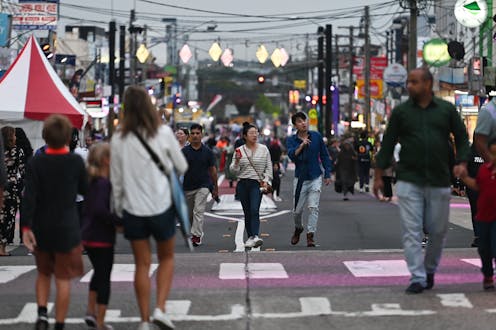Fair representation in news makes multicultural Australians feel more at home: new research
- Written by Sora Park, Professor of Communication, News & Media Research Centre, University of Canberra

Belonging can be defined as a settled feeling. It is about feeling attached to the community and society you live in. Not only does belonging make people feel at home, but it can also help people participate in society.
More than 5 million Australians[1] use a language other than English at home, of which 15% have low English proficiency. Almost one-third (28%) are born overseas. How do we ensure they are part of the society?
A new report unveils research examining the impact of news representation on multilingual audiences’ sense of belonging to broader Australian society. The report[2] employed a survey combining face-to-face, phone, and online methods to ask questions of five multilingual groups: Arabic, Cantonese, Italian, Mandarin, and Vietnamese speakers.
Participation in society by sense of belonging

















